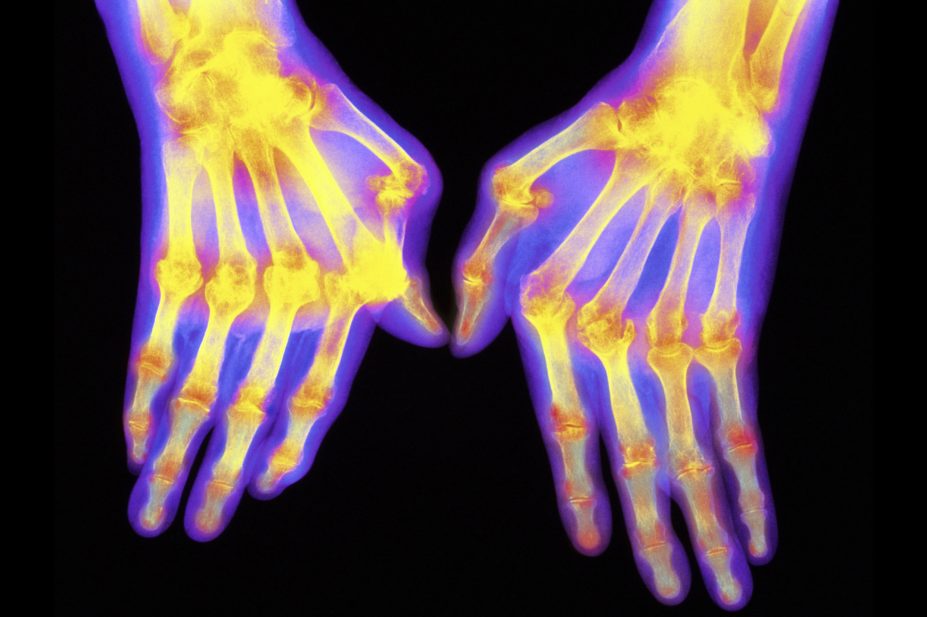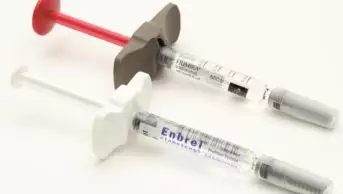
Science Photo Library
Disease-modifying anti-rheumatic drugs (DMARDs) and biologics suppress the immune system, so patients with rheumatoid arthritis (RA) sometimes stop taking them before surgery, which could increase their risk of a disease flare-up.
To find out whether DMARDs are associated with post-operative infections, researchers analysed data on 9,362 surgeries for 5,544 RA patients treated with methotrexate, hydroxychloroquine or leflunomide alone, or methotrexate plus a tumour necrosis factor α-inhibitor.
The team found that the rate of post-operative infections or wound infections was no greater in patients who continued therapy compared with those who stopped treatment prior to surgery.
The researchers, who reported their findings at the ACR/ARHP annual meeting in Washington on 14 November 2016[1]
, say the results suggest disease-modifying treatments can be continued during the perioperative period, which might reduce the need for rescue medication, such as steroids, owing to disease flare-ups.
References
[1] Juo H-H, Peck A, Gove N et al. Perioperative use of synthetic disease-modifying anti-rheumatic drugs or tumor necrosis factor α inhibitors does not associate with increased rates of post-operative infections [abstract]. Arthritis Rheumatol 2016;68 (suppl 10).


